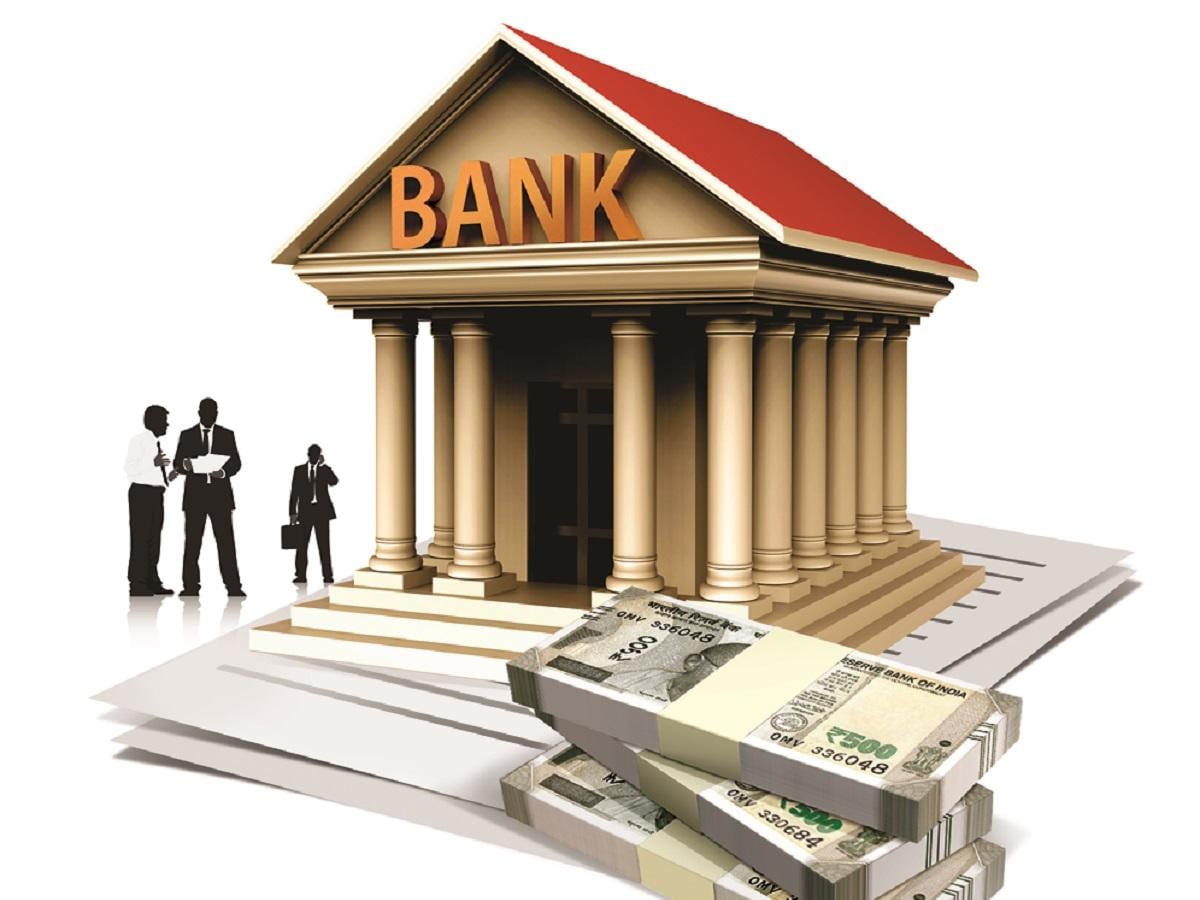Index Surge: Amplifying Your Insights
Stay updated with the latest trends and news across various industries.
Banking on Trust: Is Your Money Safe?
Discover the secrets to safeguarding your money in today's uncertain banking world. Are your finances truly secure? Find out now!
How to Evaluate the Safety of Your Bank: Key Factors to Consider
Evaluating the safety of your bank is crucial for ensuring the security of your financial assets. Start by checking the bank's FDIC insurance status, which protects your deposits up to a certain limit. Additionally, review the bank's financial health by analyzing their capital ratios, loan performance, and earnings reports. A bank with strong capital reserves and a low percentage of non-performing loans is generally a safer option. Don't forget to assess the bank's customer service; a responsive and helpful support team can be invaluable in times of need.
Next, consider the bank's reputation and history. Look for reviews and ratings from independent agencies to gauge customer satisfaction and the bank’s overall reliability. It's also worth checking if the bank has had any recent controversies or legal issues that could impact its stability. Lastly, evaluate the bank's security measures, such as online banking protections and fraud prevention protocols. A bank that prioritizes cybersecurity will give you added peace of mind when managing your finances online.

Understanding FDIC Insurance: What It Means for Your Deposits
Understanding FDIC Insurance is crucial for any individual looking to secure their hard-earned money. The Federal Deposit Insurance Corporation (FDIC) is an independent agency of the U.S. government that protects depositors by insuring deposits at member banks. This insurance covers up to $250,000 per depositor, per insured bank, for each account ownership category. This means that if your bank fails, the FDIC will reimburse you for your insured balance, ensuring that your funds are safe and readily accessible.
It's important to note that FDIC insurance only applies to deposits such as savings accounts, checking accounts, and certificates of deposit (CDs). However, it does not cover securities, mutual funds, or similar types of investments. Therefore, understanding how your accounts are structured can help you maximize your coverage. For those with larger amounts, consider spreading your funds across multiple banks or account types to ensure full FDIC protection and peace of mind regarding your financial security.
Is Your Money Safe in Digital Banks? Exploring Risks and Protections
In recent years, digital banks have gained immense popularity due to their convenient and user-friendly services. However, one of the primary concerns potential customers have is whether their money is safe in these online institutions. Digital banks, unlike traditional banks, do not have physical locations, which can lead to concerns about security vulnerabilities such as hacking and fraud. It is crucial for consumers to understand the risks involved when using digital banking services and to evaluate the security measures these banks have in place.
To protect your assets, reputable digital banks often employ advanced security protocols including encryption, two-factor authentication, and regular security audits. Additionally, many digital banks are insured by government agencies, similar to traditional banks, which provides a safety net for customers. Understanding the protections offered by your digital bank, such as fraud monitoring and zero-liability policies, can help mitigate fears about financial loss. By taking these precautions and staying informed, you can feel more secure about keeping your money in a digital bank.